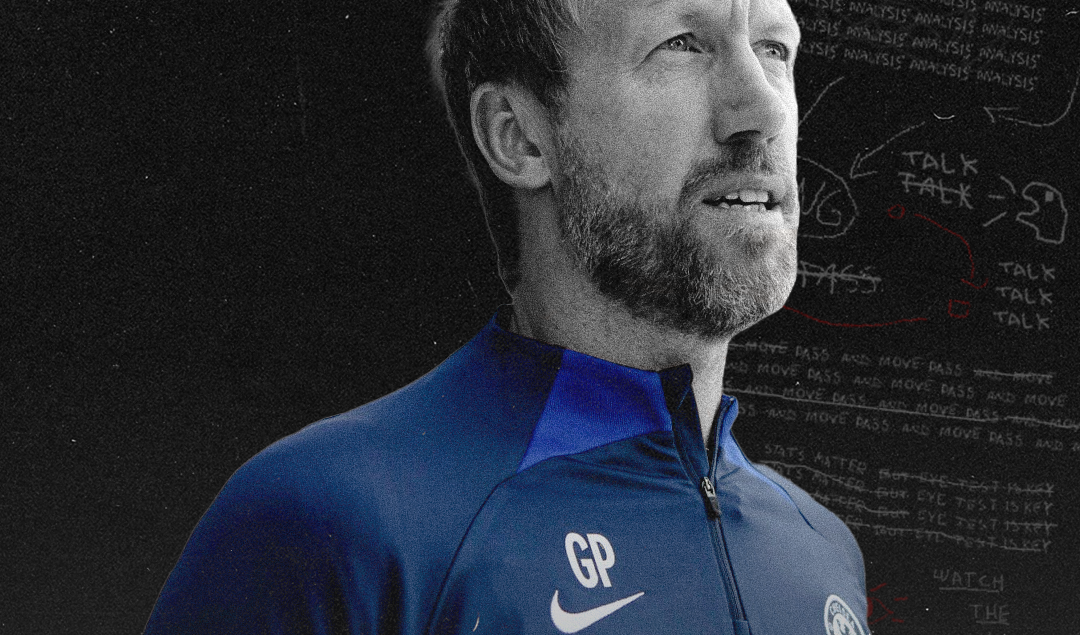Pressure and Performance: Understanding Early Managerial Sackings
In European football, pressure on the managers is very high at the beginning of the games. Fans want to see immediate positive results, while owners are concerned about the team’s finances and its standings in the league. The media contributes to this by highlighting every error. Even the best coaches can not be safe after a few games. It brings up some big questions about whether short-term sackings benefit or damage clubs in the long run.
Why Sackings Come So Early
Previously, clubs used to allow the managers time to develop a team and a style of play. Today, there is no room to be patient with the financial aspect of football. TV dollars, sponsorships, and Champions League spots are too precious to lose. One or two poor performances can damage the image and revenue.
Sports betting is reacting fast to that pressure. The odds may change drastically following a couple of bad performances, just adding to the attention the managers receive. Popular services, such as MelBet Malaysia, show how all matches are being scored in real time, and how external demands drive clubs towards expedited decision-making.
The board and owners demand evidence on progress. The pressure is heightened by fans online, and slow starts appear as failures. Clubs panic quicker when they concern investors and audiences all over the world. It is not an overnight project; constructing something stable takes time, but in this day of football, time is a commodity not possessed by many managers.
Key Triggers Behind Early Dismissals
Managers tend to be fired as several issues intersect simultaneously. The principal reason is poor results, but not their exclusive cause:
- Poor performances at an early stage: Clubs are jittery even over brief losing streaks.
- Problems with dressing rooms: In case of loss of faith, the pressure increases rapidly.
- Unrealistic goals: The owners want to see immediate improvements, despite the unrealistic nature of these goals.
By combining all these factors, there is no confidence in the manager. When that occurs, the clubs tend to assume that the only solution is change.
Short-Term vs. Long-Term Thinking
Clubs often sack managers as they hope that results will pick up. It can be effective, but it also creates instability. Players are once again forced to adapt, and new systems are not implemented quickly. Through apps like MelBet apk, fans follow odds that shift after every managerial decision, and follow how the pressure around clubs is getting even higher. It takes years to develop a football identity, and most of the clubs give up projects prematurely.
The Impact on Players
Players are the ones who are affected when one of the managers gets away early. The coach has changed, and the new coach introduces new tactics; some players are no longer in their original positions. The same people who were trusted might be put on the bench.
This is particularly problematic for young players. Their opportunities also tend to fade away in case the manager who trusted them is no longer there. Their way is threatened by constant change, and the possible talent is wasted.
The Financial Gamble
It is costly to fire managers. Clubs end up paying the contract in full or massive compensation fees. When it recurs, expenses accumulate rapidly.
In the sports world, odds change rapidly as soon as a manager is fired, and sites such as MelBet PH demonstrate and hence decisions made off the field often have long-term financial implications. This additional burden increases the survival for clubs already at the brink of financial difficulty.
It also affects transfers. Players are unwilling to be part of a team when they are unsure who the coach will be six months from now. This instability is harmful to finances and sporting plans.
Case Studies That Define the Pattern
Some clubs are known for rapid sackings. Real Madrid, as an example, switches coaches quite frequently yet wins trophies. Conversely, Watford explains how being caught in a web of mediocrity through continued sackings can keep a club.
It is both ways. Jürgen Klopp at Liverpool and Diego Simeone at Atlético Madrid are examples of the importance of patience. The two went through challenging moments, yet they had a successful and consistent long history of trust. These are the two models that demonstrate the division of modern football.
Where Does European Football Go From Here?
Sacking will go on early, as long as money and survival are attached to results. Fans, owners, and media will always pressure clubs to make quick fixes. However, other scholars today struggle to believe that being patient and stable is the only actual means of success. The debate will continue, but one aspect is clear: the trend of pressure/performance will continue to define European football.

